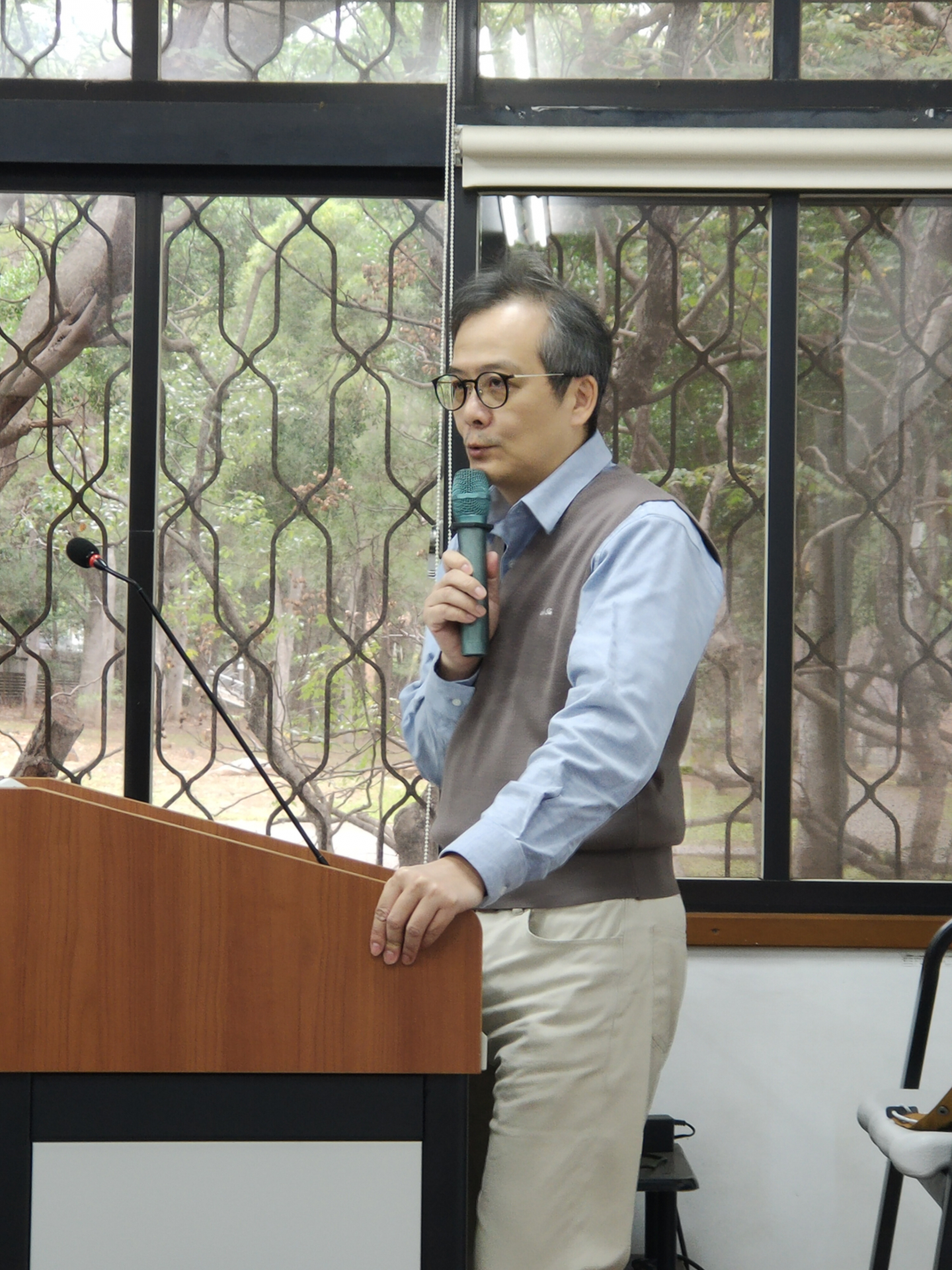 With the rapid development of science and technology, the vigorous development of innovative technologies such as AI and artificial intelligence will again impact the traditional legal system and institutional norms, resulting in many emerging problems. When faced with these emerging problems, the prerequisite for how the legal profession should respond to and formulate relevant regulations is that legal professionals must first understand "what is AI".
With the rapid development of science and technology, the vigorous development of innovative technologies such as AI and artificial intelligence will again impact the traditional legal system and institutional norms, resulting in many emerging problems. When faced with these emerging problems, the prerequisite for how the legal profession should respond to and formulate relevant regulations is that legal professionals must first understand "what is AI".
To this end, the Foundation invited Professor WU, JHIH-HONG from the Department of Electrical Engineering of Kaohsiung University to discuss AI law from the perspective of AI artificial intelligence and robotics on December 21, 2020, at the School of Law of Tunghai University. Professor WU, JHIH-HONG is a domestic research expert in the field of AI. Through his rich research experience and suggestions, it is helpful for Chinese legal learners to understand the classification and operation of AI, and build a bridge for the integration of cross-domain knowledge between law and AI artificial intelligence.
Professor WU, JHIH-HONG first talked about the research method of the scientific community, which is to define a certain "thing" before it can be realized or amended, or changed to the connotation of the definition. At the same time, compare the advantages and disadvantages of AI and humans: humans have memory, reasoning ability, and imagination. Among them, AI is better than humans in terms of memory performance, because it has a huge data storage system that cannot be matched by the human brain; AI The reasoning ability is one of the key discussion items in the science and engineering circles today. Professor WU, JHIH-HONG took the MYCIN expert system and the IBM Watson developed by IBM as examples to illustrate that the inference engine of AI uses a huge database to calculate the probability of diseases, etc.; imagination ( Creativity) is an abstract conceptual description, and it is difficult for the scientific community to give it a specific definition. Therefore, AI is not a product full of "imagination". Imagination should be a unique and precious ability of human beings.
On the other hand, Professor WU, JHIH-HONG also mentioned the legal problems that may arise after the combination of AI and robots. For example, the current robot inspection method is to inspect A parts after A parts are produced, and B parts are inspected after B parts are produced. The robot operates When the part fails, the problematic part should be repaired. However, after the AI and the robot are combined, the inspection method may be more complicated. If the AI robot fails to recognize the part problem and causes damage to others, the risk of such damage should be Who bears the responsibility, or how the inspection process can meet the legal standards, are issues that the legal profession needs to formulate and think about in the future.
In the past, legal professionals may have a too-narrow understanding of AI. They thought that the use of facial recognition systems meant those who used AI, and even believed that the Alpha goes system was a strong AI that had already learned to think. With this incisive explanation by Professor WU, JHIH-HONG, legal professionals have a better understanding of the operation and connotation of AI and provided a basis for the integration of knowledge in the legal and scientific fields. Professor Wu's vivid speech method also received great response and praise from the participants after the meeting.



 SSL 256bit transmission encryption mechanism
SSL 256bit transmission encryption mechanism